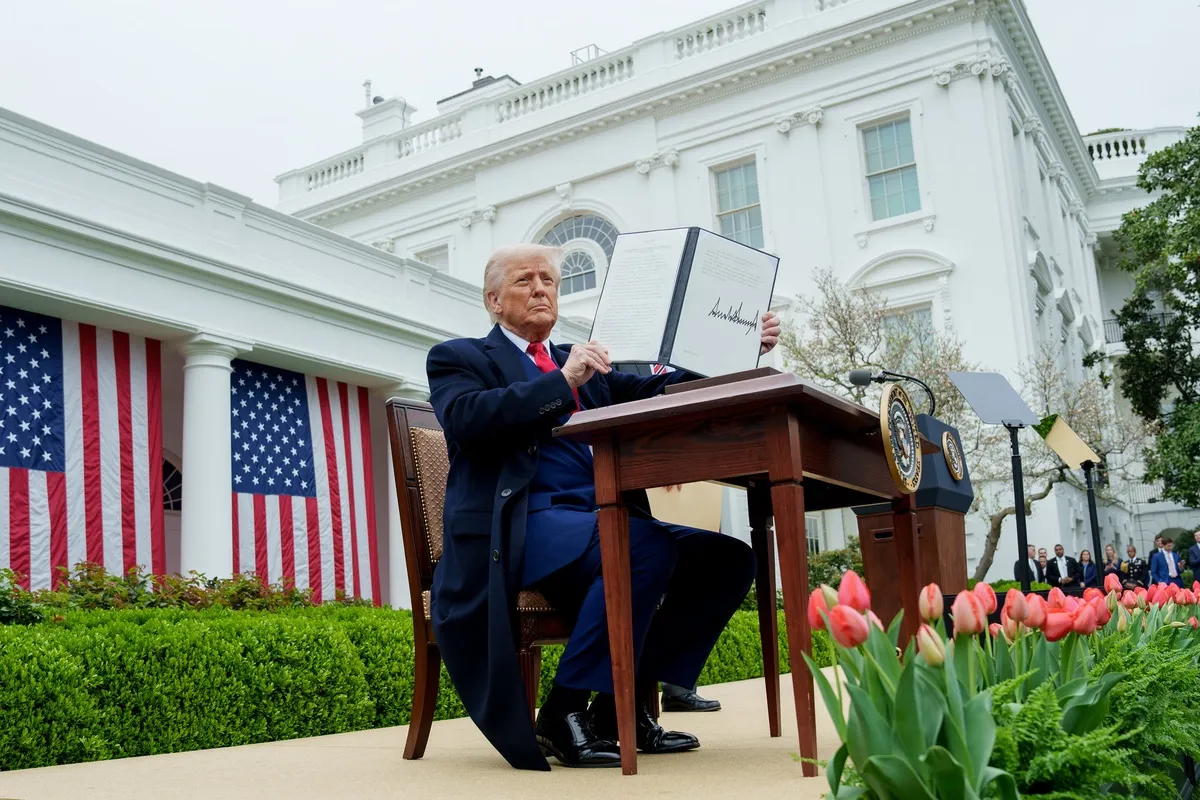United Airlines President Expects U.S. Action Against Gulf Carriers Someday
Skift Take
The U.S. government eventually will "do the right thing" and take action against three Middle Eastern airlines flooding the market with cheap fares, but no changes are imminent, United Airlines President Scott Kirby said Tuesday at an aviation conference in Las Vegas.
"Our political system in the United States is messy and often frustrating, but the great thing about this country is at the end of the day, we do the right thing," Kirby said at the Boyd Group's International Aviation Forecast Summit in Las Vegas. "This is so clearly the right thing. I don't know when or exactly how it will happen but I believe that we will get to a world where we get fair competition."
Through a trade group they fund, American Airlines, Delta Air Lines and United allege the three largest Gulf carriers — Etihad Airways, Emirates airline, and Qatar Airways — have taken $52 billion in government subsidies since 2004. This is a problem, the U.S. carriers contend, because treaties that permit the Gulf airlines to fly U.S. routes ban them from receiving certain types of government assistance. U.S. airlines say the Gulf airlines violate the agreements, and they have asked U.S. officials to "review" the nation's aviation treaties with Qatar and the United Arab Emirates.
The Gulf carriers deny the charges, generally saying assistance they receive from their governments is no different than what many U.S. and European airlines get. They say they're not violating Open Skies agreements. At one point, Emirates President Tim Clark called the U.S. airline allegations "surprising and frankly, repugnant."
Not all U.S. interests are aligned with American, Delta and United. Several U.S. companies, including Hawaiian Airlines, JetBlue Airways and Fedex, support Emirates, Etihad and Qatar and do not want the United States to re-negotiate its aviation agreements with the United Arab Emirates and Qatar. Fedex potentially would be hurt most by reduced access to Gulf countries, because it relies on the same agreements to operate a shipping hub in Dubai.
But Kirby, like his competitors at American and Delta, sees the issue differently. He said Emirates, Etihad and Qatar often act irrationally, and too often undercut U.S. airlines, and their European partners, on price. The big U.S. airlines say they likely would have a bigger presence in India and the Middle East if not for the allegedly subsidized competition.
Asked during the conference session if he thought the Gulf carriers were receiving backdoor subsidies, Kirby said he believes the issue is more comprehensive.
"I think it's a front door, back door, side door, windows," Kirby said. "I think they are just getting subsidies across the board... When we first started this, you would go in to meet with a regulator and a politician and people were very skeptical and thought here come the big airlines whining about not having to compete. You walk out and no one even debates about whether they are subsidized or not. The only debate is what should we do about it."
Kirby also said he is upset at Emirates' new flight from Athens to Newark, a United hub. Emirates is permitted to fly it under the U.S.-United Arab Emirates aviation treaty, but Kirby said relatively few travelers want to go between Newark and Athens. Historically, in winter, Kirby said about 100 passengers each day fly between the two cities. But Emirates is flying a jet with more than 350 seats.
"Even if they got 100 percent of the market, it's still a 33 percent load factor," Kirby said. "To them, it's completely irrelevant. Of course they are going to lose money."
The big U.S. airlines had hoped the Trump administration would make the issue more of a priority than the Obama administration. So far, though, there have been no obvious changes.
Asked whether the Trump Administration might eventually take action, Kirby said, "I think it's too early, at least for me, to say."




